New laboratory study shows psilocybin mushrooms dramatically slow cellular aging – what this breakthrough means for longevity research.
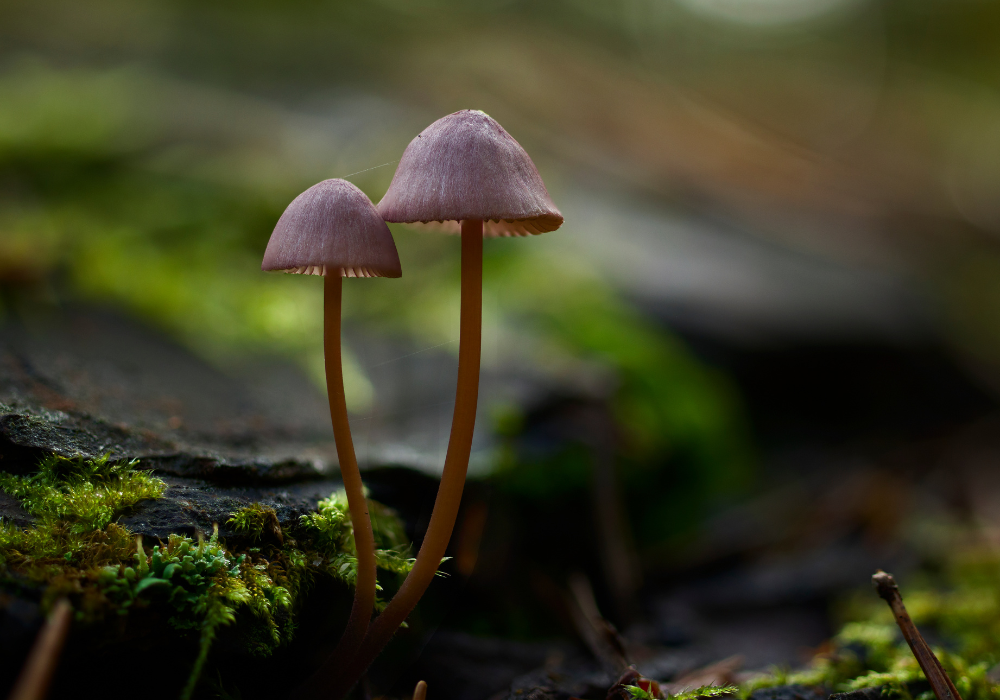
Magic mushrooms just got a lot more interesting. Scientists have discovered that psilocybin – the psychedelic compound that makes you see colors that don’t exist – can actually extend the life of human cells by a staggering 50%. Yeah, you read that right. The same stuff that sends people on spiritual journeys might also be sending our cells on a journey toward longevity.
This isn’t some fringe study either. Researchers used rigorous laboratory testing to show how psilocybin dramatically slows down cellular aging at the molecular level. It’s like finding out your favorite guilty pleasure is actually a superfood.
1. Scientists just discovered that magic mushrooms can literally slow down aging at the cellular level.
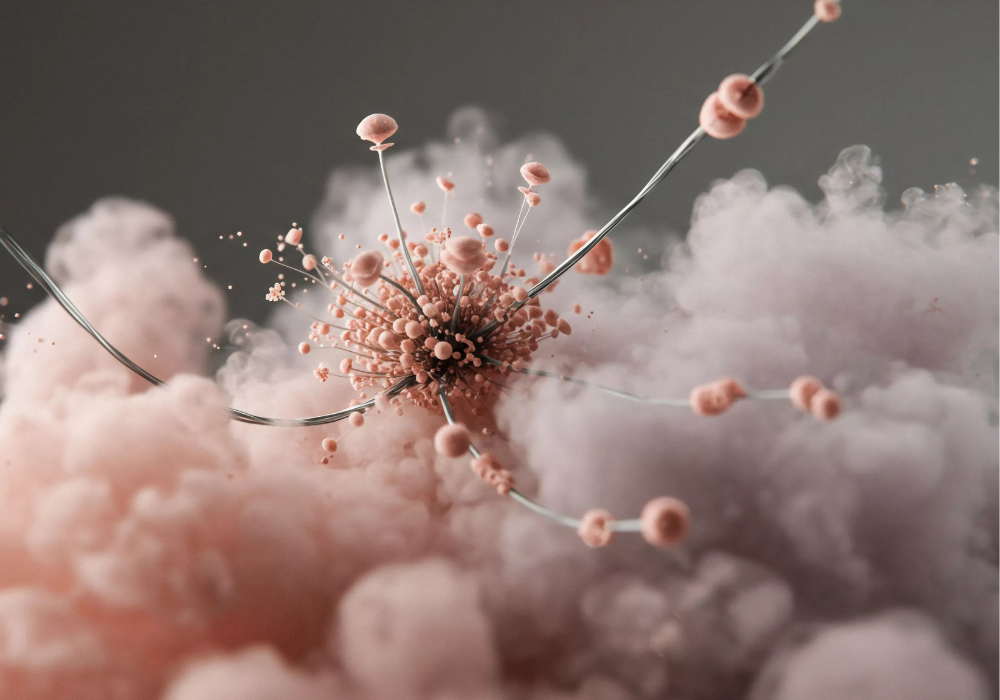
The groundbreaking study published in npj Aging by researchers at Emory University and Baylor College of Medicine shows that psilocin—the active compound your body creates when you consume psilocybin—extended the lifespan of human lung cells by a jaw-dropping 57% and skin cells by 51%.
This isn’t some fringe experiment either. The team used rigorous laboratory methods, treating cells continuously until they reached senescence (basically cellular retirement). What’s wild is that the treated cells didn’t just live longer—they stayed healthier and more active throughout their extended lifespans, showing fewer signs of aging stress.
2. The mice in this study basically became the Benjamin Button of the animal kingdom.

When researchers gave monthly psilocybin treatments to 19-month-old female mice (equivalent to 60-65 human years), something remarkable happened. By the study’s end, 80% of the psilocybin-treated mice were still alive compared to just 50% of the control group. That’s a 60% improvement in survival rates. But here’s the kicker—these mice didn’t just live longer, they looked younger too. The treated mice showed:
- Improved fur quality and texture
- Reduced gray hair and actual hair regrowth
- Better overall physical appearance
- Increased activity levels compared to untreated mice
3. Your body already has the perfect receptors waiting for this anti-aging compound.

Here’s something that’ll blow your mind: most cells in your body already have serotonin receptors, particularly the 5-HT2A receptor that psilocybin targets. These receptors exist in your skin, heart, immune cells, and brain tissue. It’s like your body was designed with built-in docking stations for this compound.
The researchers found that when psilocybin activates these receptors, it triggers a cascade of protective cellular responses. This widespread receptor distribution might explain why a single dose of psilocybin can have such long-lasting effects across multiple body systems.
4. The compound literally preserves the protective caps on your DNA.
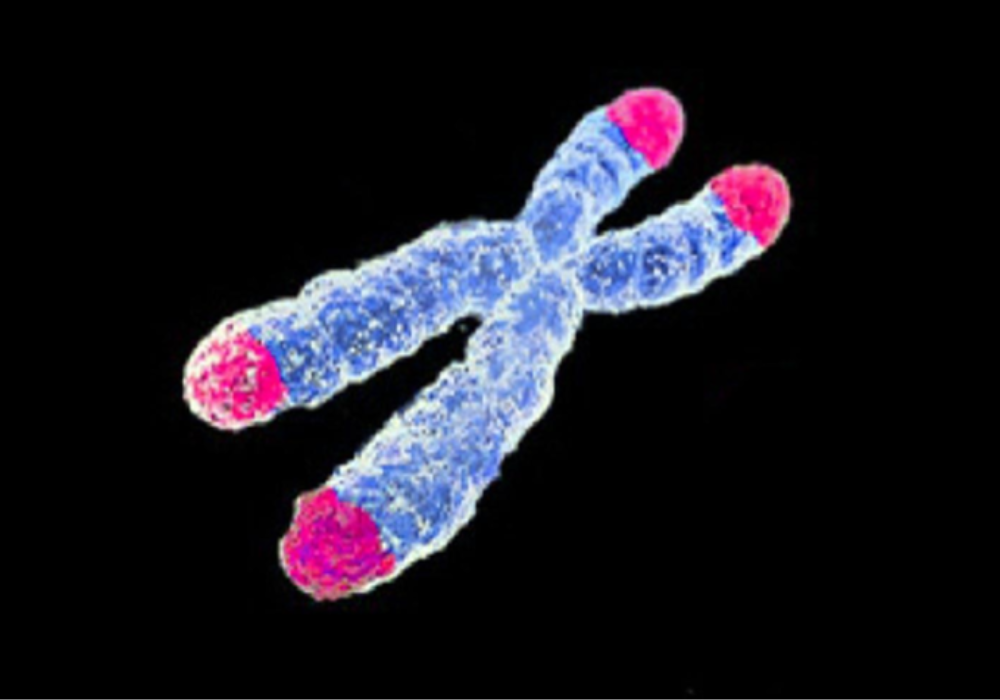
One of the most exciting discoveries was what happened to telomeres—those protective caps on the ends of chromosomes that shorten as we age. Think of them like the plastic tips on shoelaces that prevent fraying.
In the study, untreated cells showed the expected telomere shortening that comes with aging. But psilocin-treated cells? Their telomeres stayed intact. This preservation of telomere length is huge because shortened telomeres are linked to age-related diseases, cancer, and cellular dysfunction.
The fact that psilocybin can maintain these cellular protective structures suggests it’s working at a fundamental level of aging biology.
5. This discovery validates a theory scientists have been discussing for years.

The study provides the first experimental proof of something called the “psilocybin-telomere hypothesis”—a theory proposed by researchers who suspected psychedelics might impact biological aging markers.
The hypothesis was based on observations that depression and chronic stress accelerate aging and shorten telomeres, while positive mental states are associated with longer telomeres. Since psilocybin is so effective at treating depression and improving mental health, scientists theorized it might also impact aging biology.
Now they have concrete evidence showing that psilocybin doesn’t just improve mental health—it actually influences the fundamental mechanisms of cellular aging.
6. The anti-aging effects work through multiple pathways simultaneously.

Psilocin doesn’t just target one aspect of aging—it’s like a Swiss Army knife for cellular health. The study revealed several mechanisms working together:
- Increased SIRT1 protein levels (a key regulator of cellular survival and longevity)
- Reduced oxidative stress that damages cells over time
- Enhanced DNA repair responses to prevent genetic damage
- Decreased inflammatory signaling between cells
This multi-target approach explains why psilocybin’s therapeutic effects are so robust and long-lasting across different conditions. It’s not just treating symptoms—it’s addressing core aging processes that underlie many age-related diseases.
7. The dosing protocol was designed to mirror real clinical treatments.

The researchers didn’t just randomly dose these mice—they carefully modeled their protocol on actual human clinical trials. The mice received an initial low dose (5 mg/kg) followed by monthly high doses (15 mg/kg) for 10 months.
This dosing was calculated using standard methods to match what humans receive in clinical studies for conditions like chronic pain and depression. The monthly schedule also makes sense practically—you wouldn’t need daily treatments, just periodic “tune-ups” to maintain the anti-aging benefits.
Even more encouraging, the benefits appeared even when treatment started late in life, suggesting it could be effective as an intervention for aging adults.
8. Multiple types of human cells showed the same dramatic life extension.
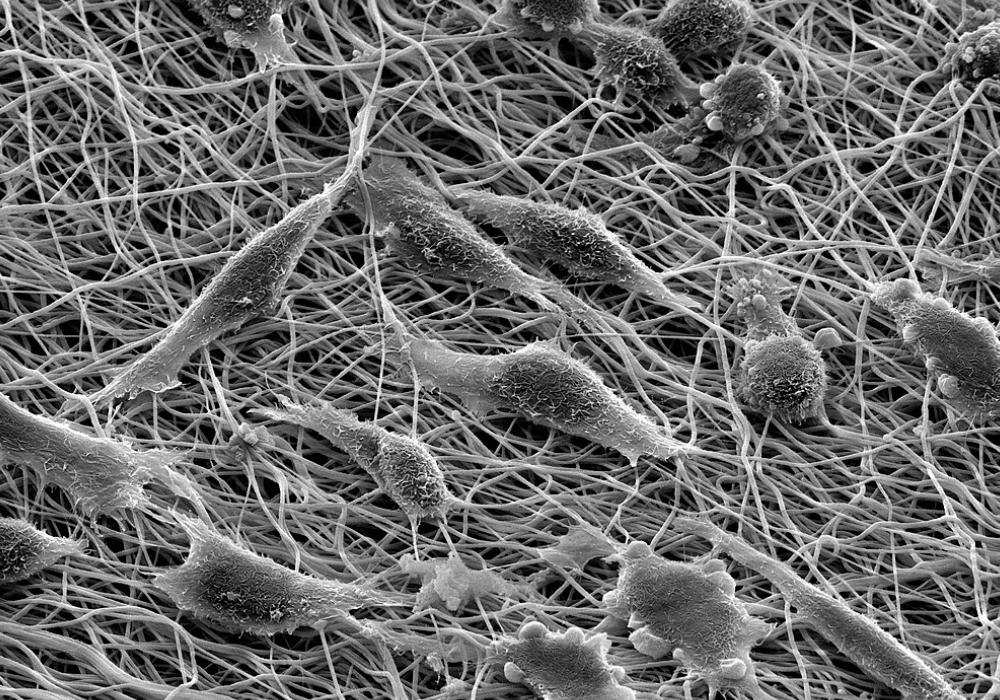
To make sure their findings weren’t a fluke, the research team tested psilocin on different types of human cells—both fetal lung fibroblasts and adult skin fibroblasts. Both cell types showed remarkable life extension, with lung cells living 57% longer and skin cells living 51% longer than untreated controls.
The consistency across different cell types suggests this isn’t specific to one organ system but represents a fundamental anti-aging effect. The treated cells also maintained their “young” characteristics longer, showing reduced signs of cellular senescence and maintaining their ability to divide and function properly well beyond their normal lifespan.
9. This could revolutionize how we approach aging and age-related diseases.
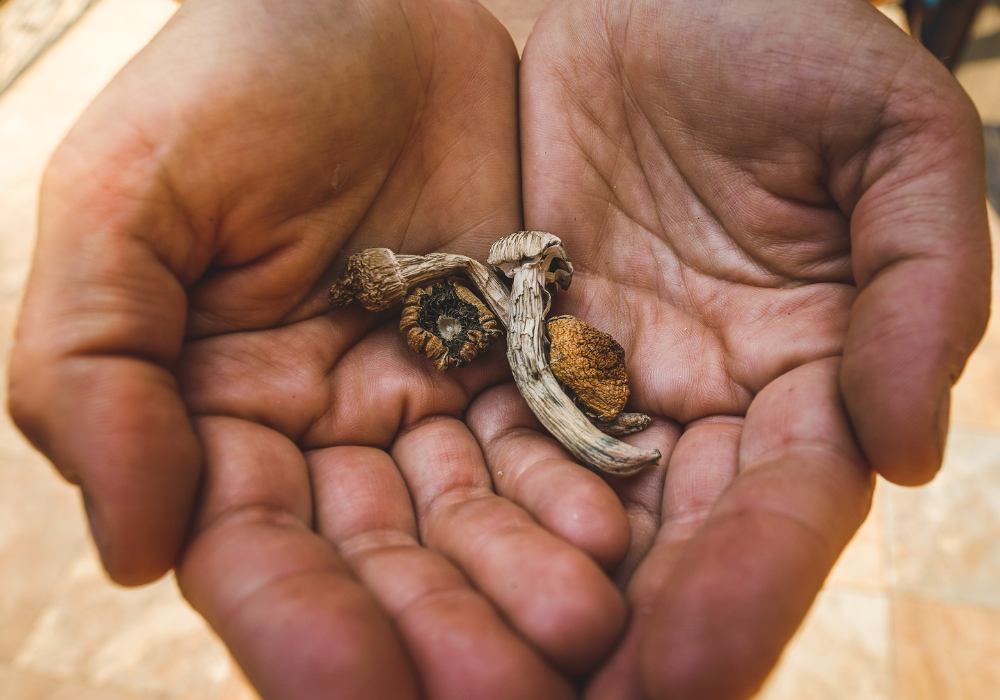
The implications go far beyond just living longer. The study authors suggest psilocybin could become a “disruptive” pharmacotherapy—a game-changing treatment that addresses aging at its source rather than just managing age-related symptoms.
Currently, the anti-aging industry generates over $500 million annually, mostly from supplements with questionable benefits. But psilocybin offers something different: a compound with proven effects on the biological hallmarks of aging.
The researchers note that an effective anti-aging treatment that could be administered to adults later in life could have massive clinical potential, especially given psilocybin’s excellent safety profile.
10. The next steps involve figuring out optimal treatment protocols for humans.
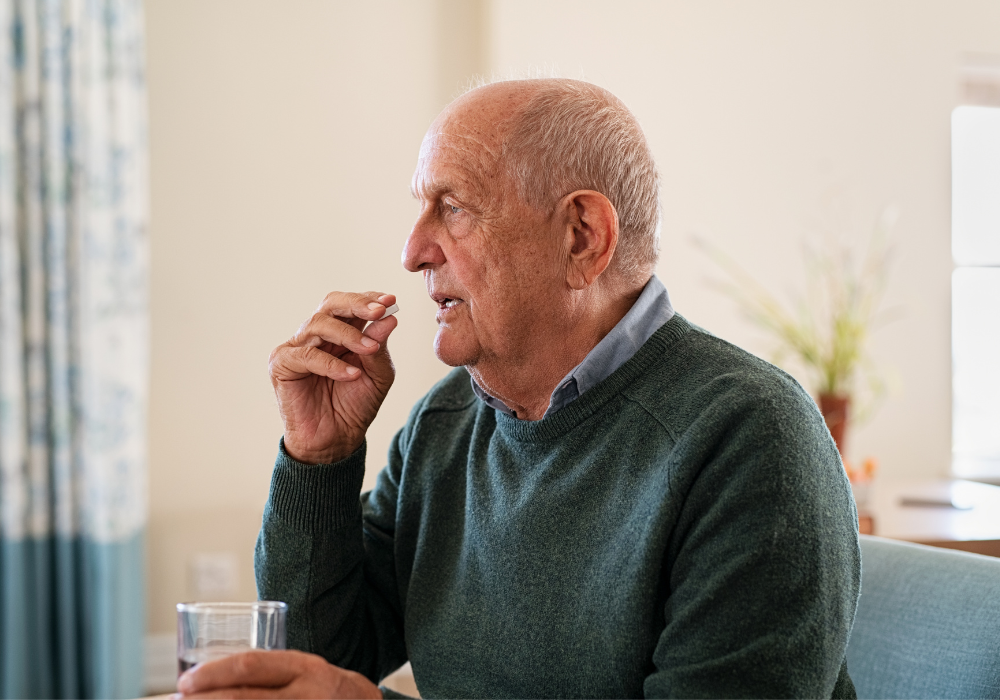
While these results are incredibly promising, researchers emphasize that much work remains before psilocybin becomes an anti-aging therapy. Key questions include:
- What’s the optimal age to start treatment?
- How frequently should doses be administered?
- Do the effects work equally well in men and women?
- What are the long-term safety implications of repeated use?
The FDA has already designated psilocybin as a “breakthrough therapy” for certain conditions, and clinical trials are expanding rapidly. The researchers point out that regulatory barriers and limited federal funding have slowed progress, but the tide is turning as evidence mounts for psilocybin’s remarkable therapeutic potential across multiple medical applications.
